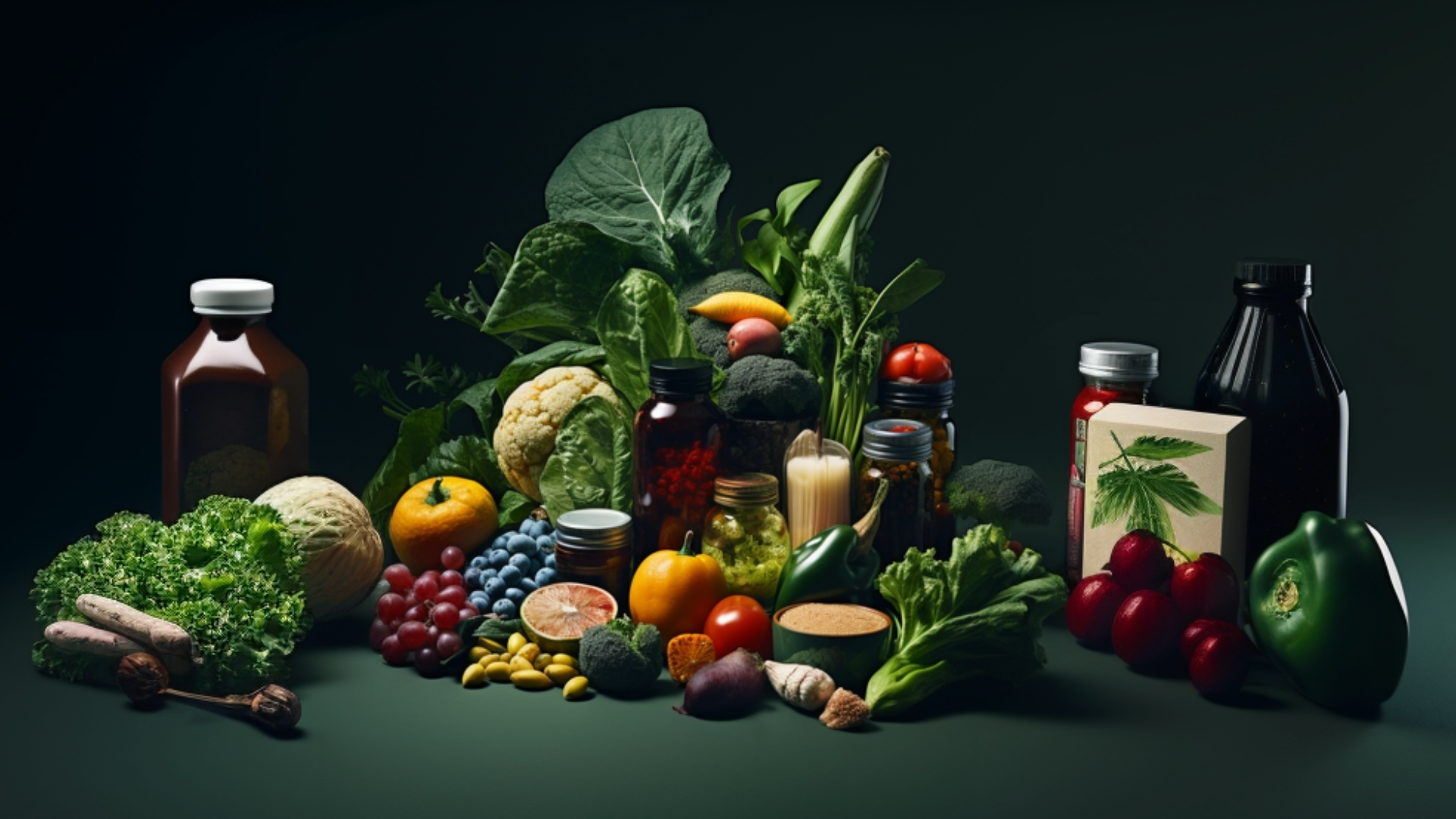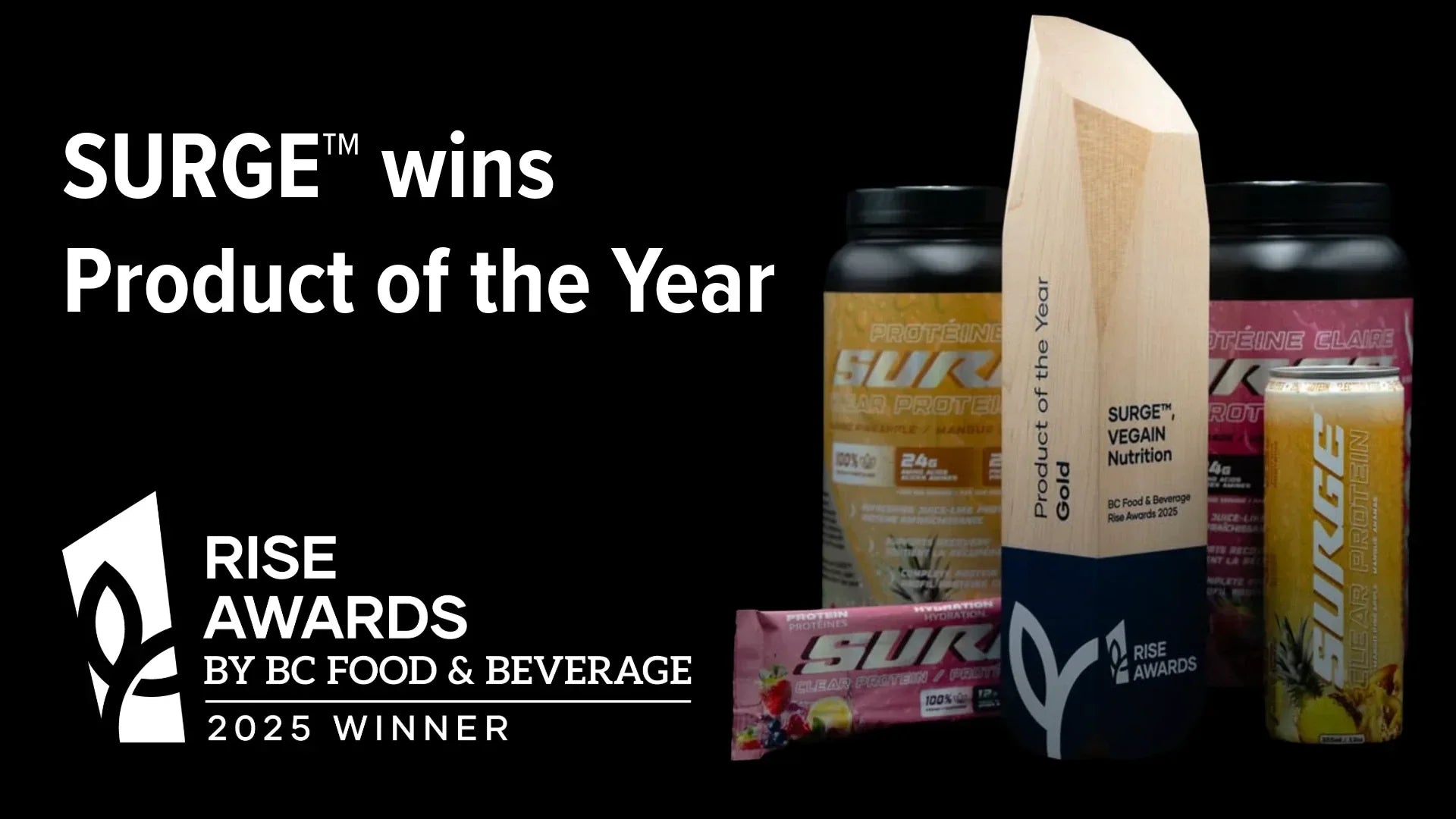Green Recovery: How Your Diet Accelerates Post-Workout Healing
In the dynamic world of fitness and athletics, the concept of recovery is pivotal. It's a phase where the body, after being pushed to its limits, retreats to heal, adapt, and emerge stronger. While rest and physical therapies are integral components of recovery, the silent yet powerful role of diet cannot be overlooked. It provides the essential building blocks that not only accelerate healing but also enhance overall performance.
The Nutritional Cornerstone of Recovery
Athletes, whether casual joggers or elite competitors, are all too familiar with the soreness and fatigue that follows intense physical exertion. Nutrition, in this context, emerges as a silent yet potent ally. A well-rounded diet replenishes energy stores, facilitates the repair of muscle tissues, and mitigates inflammation, setting the stage for an expedited and efficient recovery.
A study in the Journal of the International Society of Sports Nutrition accentuates the pivotal role of protein, carbohydrates, and fats in post-exercise nutrition, each contributing uniquely to the recovery trajectory.
The Green Advantage
A balanced diet is undeniably crucial, but a growing body of evidence is spotlighting the specific advantages of plant-based diets in post-workout recovery. A study by Miles et al. (2022) unveiled distinct plasma metabolic profiles in individuals following a vegan diet, marked by reduced inflammation and enhanced metabolic health - factors intrinsically linked to accelerated recovery.
Plant-based foods, teeming with antioxidants, vitamins, and minerals, play a pivotal role in counteracting exercise-induced oxidative stress. Berries, leafy greens, nuts, and seeds are not just nutrient-dense but are also characterized by their anti-inflammatory properties, which contribute to quicker muscle repair and reduced soreness.
A Symphony of Plants
The embrace of plant-based diets is not about the exclusion but rather the inclusion of a diverse array of plant foods that together offer a holistic nutritional profile. Fruits, vegetables, whole grains, legumes, nuts, and seeds each bring a unique set of nutrients to the table, collectively supporting every facet of the recovery process.
Tailoring Your Diet for Peak Performance
Nutritional needs are as individual as fingerprints, shaped by specific athletic pursuits, body types, and metabolic rates. Experimenting with a diverse array of plant-based foods, monitoring the body’s response, and seeking the expertise of a nutritionist can unveil a personalized diet plan that not only accelerates recovery but also augments performance.
As we continue to explore the profound impact of diet on recovery, it beckons us to scrutinize our plates with as much intention as our workout routines, unlocking the potent potential of plant-based foods in fuelling our journey to peak performance.
Sources:
- Health challenges and acute sports injuries restrict weightlifting training of older athletes - M. Huebner, Wenjuan Ma (2022)
- The Biology of Veganism: Plasma Metabolomics Analysis Reveals Distinct Profiles of Vegans and Non-Vegetarians - Fayth L. Miles, M. Orlich, Andrew Mashchak, P. Chandler, J. Lampe, P. Duerksen-Hughes, G. Fraser (2022)







Leave a comment
This site is protected by hCaptcha and the hCaptcha Privacy Policy and Terms of Service apply.